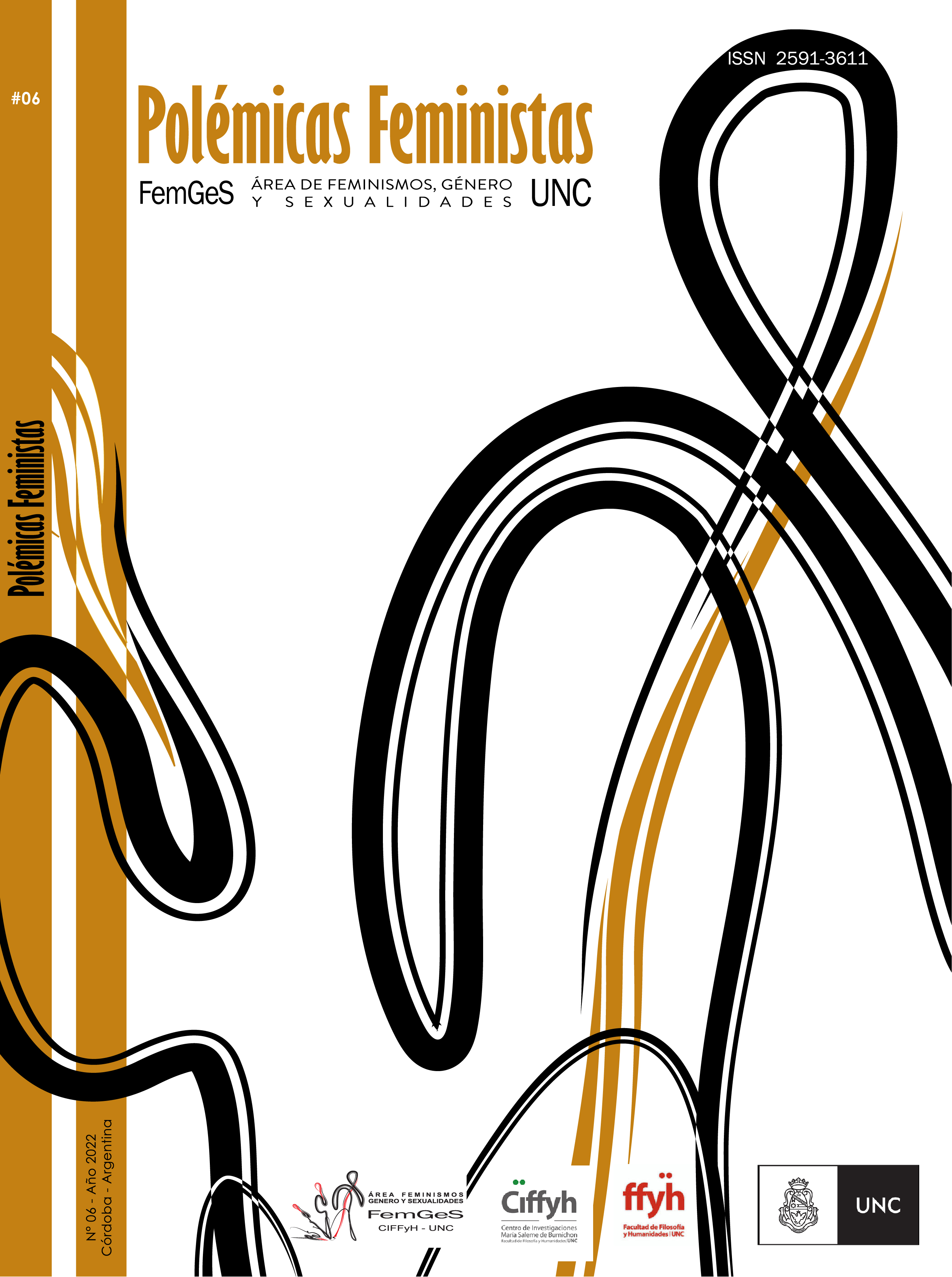Marxism and sexual revolution: from Manuel Puig's The Buenos Aires Affair to Kiss of the spider woman
Keywords:
Puig, gender, sex, revolutionAbstract
The publishing of The Buenos Aires Affair (1973) meant a turning point in Manuel Puig’s literary career. Even though the reflection about gender and the authoritarianism of machism had already been explored in La traición de Rita Hayworth (1968) and Boquitas pintadas (1969), his third novel adjusted the terms to a larger debate that was taking place at the beginning of the 1970s, which is sexism and the need to incorporate sexuality into the longed revolution. In its pages, Puig narrates the days before the Cordobazo through the story of two protagonists: an artist and an art critic, repressed both sexually and politically. After the contact with the Frente de Liberación Homosexual (FLH), Puig incorporated the theoretical framework which allowed him to propose an exit to the sexual pressures that weighed over his characters and crystallized in El beso de la mujer araña (1976), his fourth novel, where he set out an utopian resolution to the conflict between Marxism and sexual revolution within the left wing sectors, which continued to consider homosexuality a bourgeois and decadent perversion and could not see its revolutionary potential.
Downloads
References
Barthes, Roland (2006). El grado cero de la escritura seguido de nuevos ensayos críticos. Siglo XXI.
Butler, Judith (2007). El género en disputa. Paidós.
Echavarren, Roberto (2002). Género y géneros. En Manuel Puig, El beso de la mujer araña, (José Amícola y Jorge Panesi, edición crítica y coordinación). ALLCA XX, Université Paris X.
Fernández Galeano, Javier (2019). Cartas desde Buenos Aires: El movimiento homosexual argentino desde una perspectiva transnacional. Latin American Research Review 54(3), pp. 608–622. DOI: https://doi.org/10.25222/larr.109
Frente de Liberación Homosexual (1974). Manifiesto Sexo y Revolución. . https://americalee.cedinci.org/wp-content/uploads/2016/06/SEXO-Y-REVOLUCION.pdf
Goldchluk, Graciela (2002). Distancia y contaminación. Estudio crítico genético de la fase redaccional. En Manuel Puig, El beso de la mujer araña, (José Amícola y Jorge Panesi, edición crítica y coordinación). ALLCA XX, Université Paris X.
Pauls, Alan (1986). Manuel Puig, La traición de Rita Hayworth. Hachette.
Perlongher, Néstor (2004). Papeles insumisos. Santiago Arcos.
Perlongher, Néstor (2008). Prosa plebeya. Colihue.
Puig, Manuel (1990). El error gay. El Porteño, 11 (105), pp. 32-33.
Puig, Manuel (2007). The Buenos Aires Affair. Seix Barral.
Puig, Manuel (2010). El beso de la mujer araña. Seix Barral.
Romero, Julia (1999). Manuel Puig: del delito de la escritura al error gay. Revista Iberoamericana, LXV (187), pp. 305-3025.
Romero, Julia (2006). Puig por Puig. Iberoamericana.
Villagarcía, Martín (2021, 1 de noviembre). Manuel Puig y el Frente de Liberación Homosexual: un diálogo nunca abandonado. Moléculas Malucas. Archivos queer y memorias fuera del margen. https://www.moleculasmalucas.com/post/manuel-puig-y-el-flh
Published
How to Cite
Issue
Section
License
Copyright (c) 2022 Martín Villagarcía

This work is licensed under a Creative Commons Attribution-NonCommercial-ShareAlike 4.0 International License.
From 2022: Attribution - Non-Commercial - Share Alike (CC BY- NC- SA 4.0)
From 2011 to 2021: Attribution - Non-Commercial - No Derivative Works (CC BY- NC- ND)






